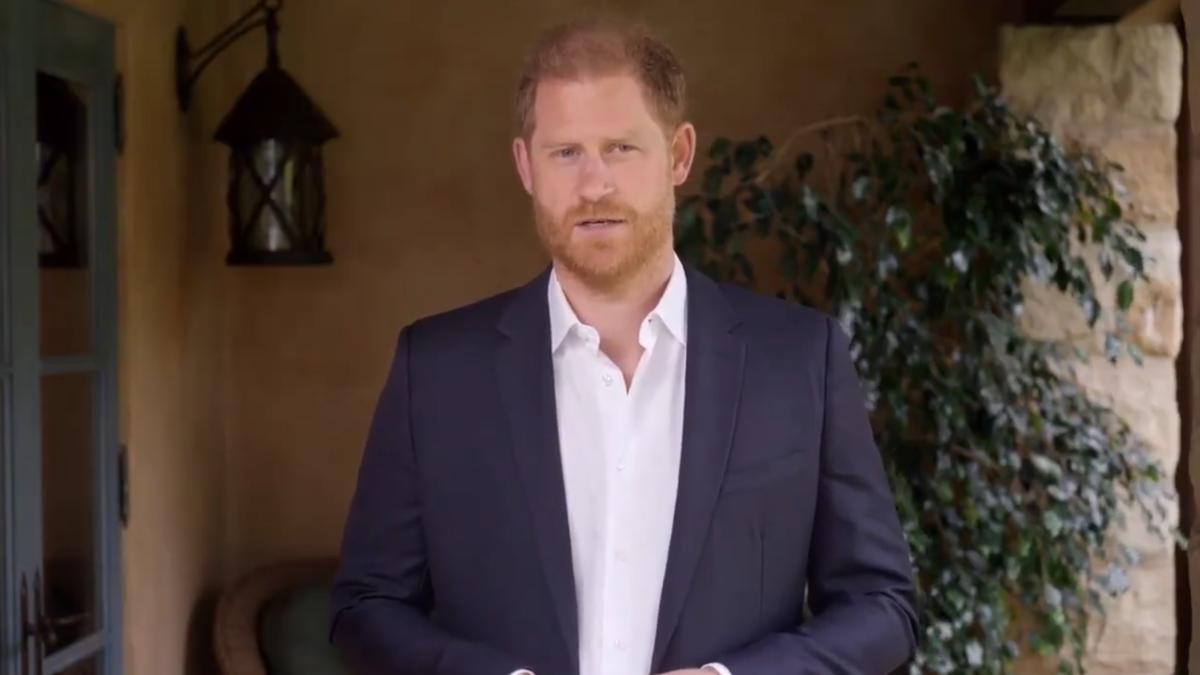Investor Giant Blackstone Stands Ready With $252 Billion to Invest: Travel Can Benefit

Skift Take
Blackstone, one of the world’s largest real estate investors, continues to attribute its strong financial performance during the pandemic to its limited exposure to battered sectors like hotels and retail.
But that doesn’t keep company leaders from looking at the travel sector to deploy some of Blackstone’s $252 billion in cash to invest.
“As history has shown, it is during the difficult periods that distinguish the best asset managers,” said Blackstone CEO Stephen Schwarzman during an investor call Wednesday. “The current dislocation is again highlighting Blackstone’s distinctive position, especially in real estate.”
Blackstone posted a $1.7 billion third quarter profit, and company leaders spent most of the earnings call tying the strong financial performance to the firm’s holdings outside the travel sphere.
“Approximately 80 percent of the [real estate] portfolio is in sectors not just showing resiliency but fundamental strength, including our holdings in logistics, suburban multifamily, and life sciences office,” said Michael Chae, chief financial officer at Blackstone. “Travel-oriented and certain urban office and apartment assets remain under pressure given the environment.”
But the firm has historic ties to the hotel industry and even picked up a stake in Extended Stay America in the early days of the pandemic based on that company’s performance — none of its hotels suspended operations while many others did due to low demand.
Blackstone previously owned Hilton, buying the global hotel company in 2007 ahead of the Great Recession and selling it 11 years later at a $14 billion profit. Blackstone President Jonathan Gray currently serves as chairman of Hilton's board of directors.
Despite the pandemic wreaking financial havoc on the travel sector, Blackstone still sees opportunities to invest there and in other industries — and has plenty of money to execute such a mission.
Roughly $46 billion of Blackstone’s $152 billion in dry powder capital to invest is tied to real estate opportunities, according to an investor presentation.
The company’s leaders see many opportunities in areas like e-commerce, digital infrastructure, and sustainable energy, but pricing could get high due to competition. Better deals are likely in disrupted sectors like travel, location-based entertainment like a theme park, or urban settings.
“Those are all trends we think will come back, but there’s an opportunity to invest in them at what could be attractive prices that are distressed,” Gray said. “What we’re really looking at are these long-term themes, having the wind at our back, and that can create value over time plus our ability to add value to the assets.”




